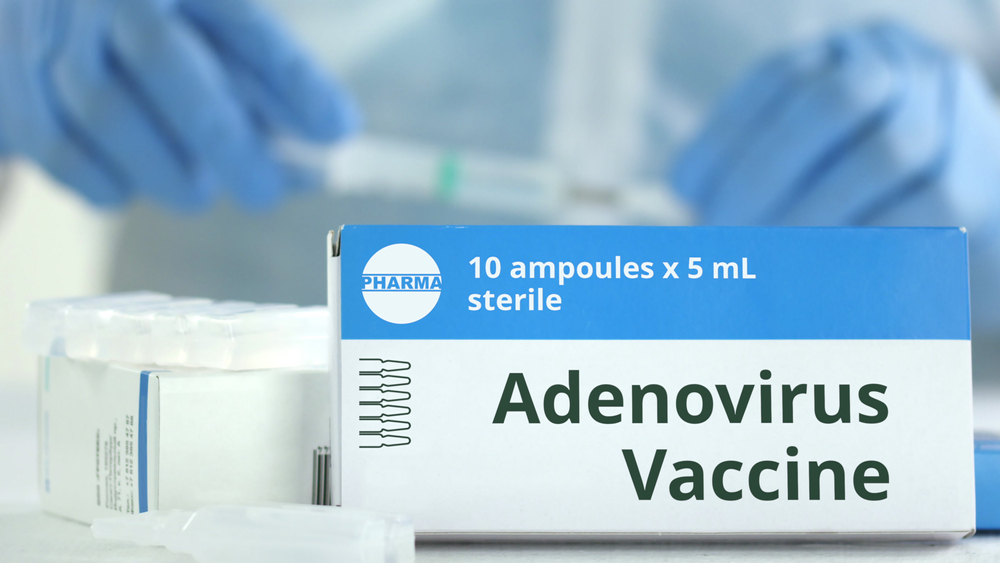Adenoviruses are common viruses that infect the membrane or tissue linings of the eyes, intestines, urinary tract, respiratory tract, and the nervous system. These viruses cause common mild symptoms such as fever, headaches, colds, coughs, sore throats, and pink eye. Usually, infections caused by adenoviruses result in only mild symptoms and the person infected can get better on their own but the symptoms can become severe for people with weak immune systems. Adenovirus vaccine contains live adenovirus Type 4 and Type 7 wherein Human Adenovirus Type 4 (HAdV4) is an infection associated with military outbreaks of febrile respiratory illness which is isolated in military settings. Human Adenovirus Type 7 (HAdV7) is an infection associated with acute respiratory disease syndrome, pharyngoconjunctival fever, pneumonia, and central nervous system disease which generally occur in settings with close living conditions, such as military barracks. Because of military settings and living conditions, military personnel are prone to these infections. To help combat the infection, military personnel 17 to 50 years of age are given an adenovirus vaccine. Currently, the vaccine is only available for them and not for the general public.


